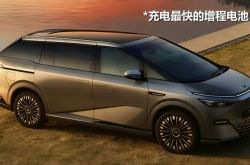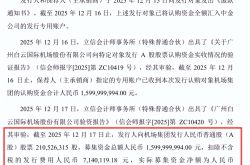Taking back the brand and selling independently! Can Thalys make the best of its "AITO" brand?
![]() 08/26 2024
08/26 2024
![]() 630
630
From Dongfeng Xiaokang minivans to entering Huawei flagship stores, from four consecutive years of losses to turning them around in the first quarter of this year, Thalys has achieved a perfect turnaround. The first contributor to Thalys' profitability is undoubtedly the new energy vehicle brand AITO, jointly created with Huawei. The brand's M7, M9, and other products are all bestsellers, with the M9 being unbeatable in the over 500,000 yuan new energy vehicle market.
However, for a long time in the past, some netizens did not consider AITO as a Thalys brand because the AITO trademark was in the hands of Huawei. In other words, it was always AITO that was popular, not Thalys, but now the situation is changing. A while ago, Huawei transferred the AITO trademark to Thalys for 2.5 billion yuan, marking that Thalys has fully taken control of the AITO brand.
Subsequently, "Thalys Automobile Sales Company" was renamed "Chongqing AITO Automobile Sales Co., Ltd.", suggesting that Thalys will take on the sales of AITO vehicles. Sure enough, just a few days later, Caixin reported that Thalys would open its first branded flagship store in Beijing Oriental Plaza, showcasing AITO vehicles.
Thalys has taken control of both the brand trademark and marketing, seemingly intending to stand on its own. But why is Thalys choosing to struggle when it could easily make money by relying on the AITO brand?
HarmonyOS Intelligent Driving is gaining momentum, and Thalys needs to strengthen itself
Currently, there are only four brands that have partnered with Huawei through the Smart Selection model, namely Thalys, Chery, Beijing Automotive Group, and JAC Motor. The jointly launched brands are AITO, Zhijie, Xiangjie, and Zunjie.
This year, Huawei has gradually transferred trademarks to its partners. One possible reason is that Huawei has completely abandoned the idea of independently manufacturing vehicles and is using the transfer of trademarks to reassure its partners, allowing them to feel confident in cooperating with Huawei and attracting other car manufacturers to join the HarmonyOS Intelligent Driving ecosystem, striving to become the Chinese version of Bosch.
At this stage, AITO is the backbone of HarmonyOS Intelligent Driving sales. In July this year, HarmonyOS Intelligent Driving delivered a total of 44,090 vehicles, of which 42,176 were AITO vehicles, accounting for 95.7% of the total. It can be said that Huawei's automotive business cannot do without AITO, and vice versa.

However, as the HarmonyOS Intelligent Driving ecosystem grows, AITO is no longer Huawei's "only" brand, and with AITO's brand reputation and influence ranking among the top of new energy vehicle brands, Huawei is likely to reduce its marketing investment in AITO and instead devote more energy and resources to managing brands like Zhijie, Xiangjie, and Zunjie. Therefore, Thalys cannot rely solely on Huawei and AITO.
On the other hand, Thalys' own situation is also not optimistic. Although it achieved profitability in the first quarter, its net profit attributable to shareholders was only 220 million yuan, and its estimated total profit for the first half of the year is only 1.39 billion to 1.7 billion yuan. To acquire the AITO trademark, Thalys also paid Huawei 2.5 billion yuan. Thalys' financial report data shows that as of the first quarter of this year, Thalys' debt ratio was as high as 88.3%, far exceeding that of new energy vehicle brands like NIO and XPeng that are still incurring losses.
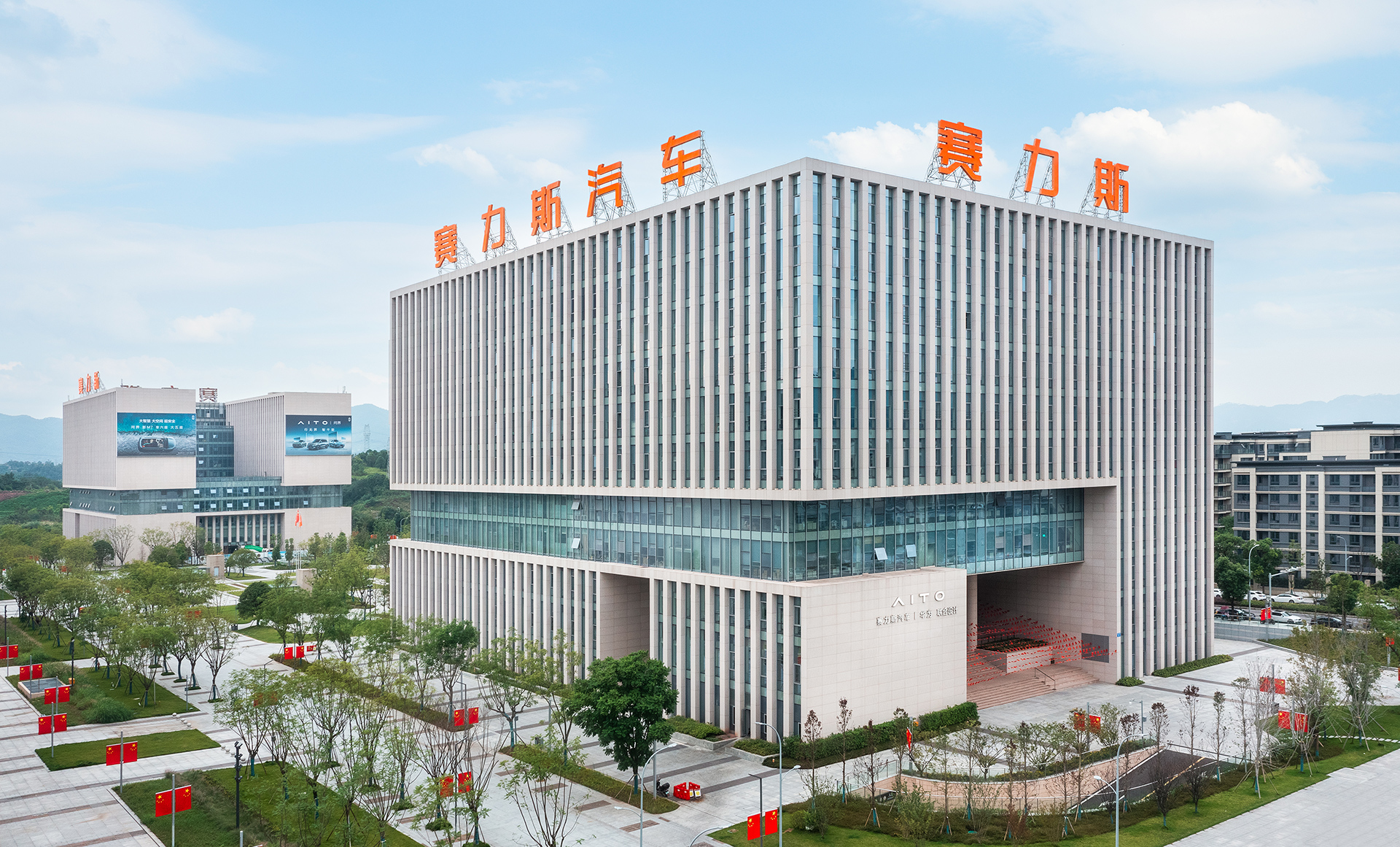
Meanwhile, the domestic new energy industry has entered a mature stage, and competition among car manufacturers will become more intense, with some marginal brands likely to be eliminated within two to three years. AITO, which once surpassed Lixiang in sales and ranked first among new energy vehicle brands, has been surpassed by Lixiang again in recent months, and its sales growth has slowed sharply. Thalys is undoubtedly feeling the pressure.
Thalys needs to make some adjustments to maintain high revenue and profit growth amid slowing AITO vehicle sales and high corporate debt ratios. Regaining control of the AITO trademark, renaming the sales company, and preparing to open its first branded flagship store are just the preliminaries for Thalys' path to self-reliance. Leveraging the influence of AITO and Huawei to boost sales of other branded models is Thalys' true goal.
Leveraging Huawei and AITO, Thalys paves the way for Landian
Many may not know that Thalys also has a new energy vehicle brand called "Landian," which delivered 1,843 vehicles in July this year and 17,366 vehicles from January to July. Compared to marginal new energy vehicle brands like Feifan, Skyworth, and Kaiyi, Thalys' delivery performance is quite impressive, but its brand recognition is still lacking.
Recently, I visited Thalys' Landian delivery center and found that although there were few people in the Landian showroom, a few customers were discussing prices and installment loan options with sales representatives. Interestingly, when I took a taxi to the Thalys Landian delivery center, the taxi driver asked me what Thalys was and about the approximate price range of its models. When I told him that the starting price of the Landian E5 was only 99,800 yuan, he advised me that if my budget allowed, it would be better to buy a Tesla, as domestic new energy vehicles were unreliable.
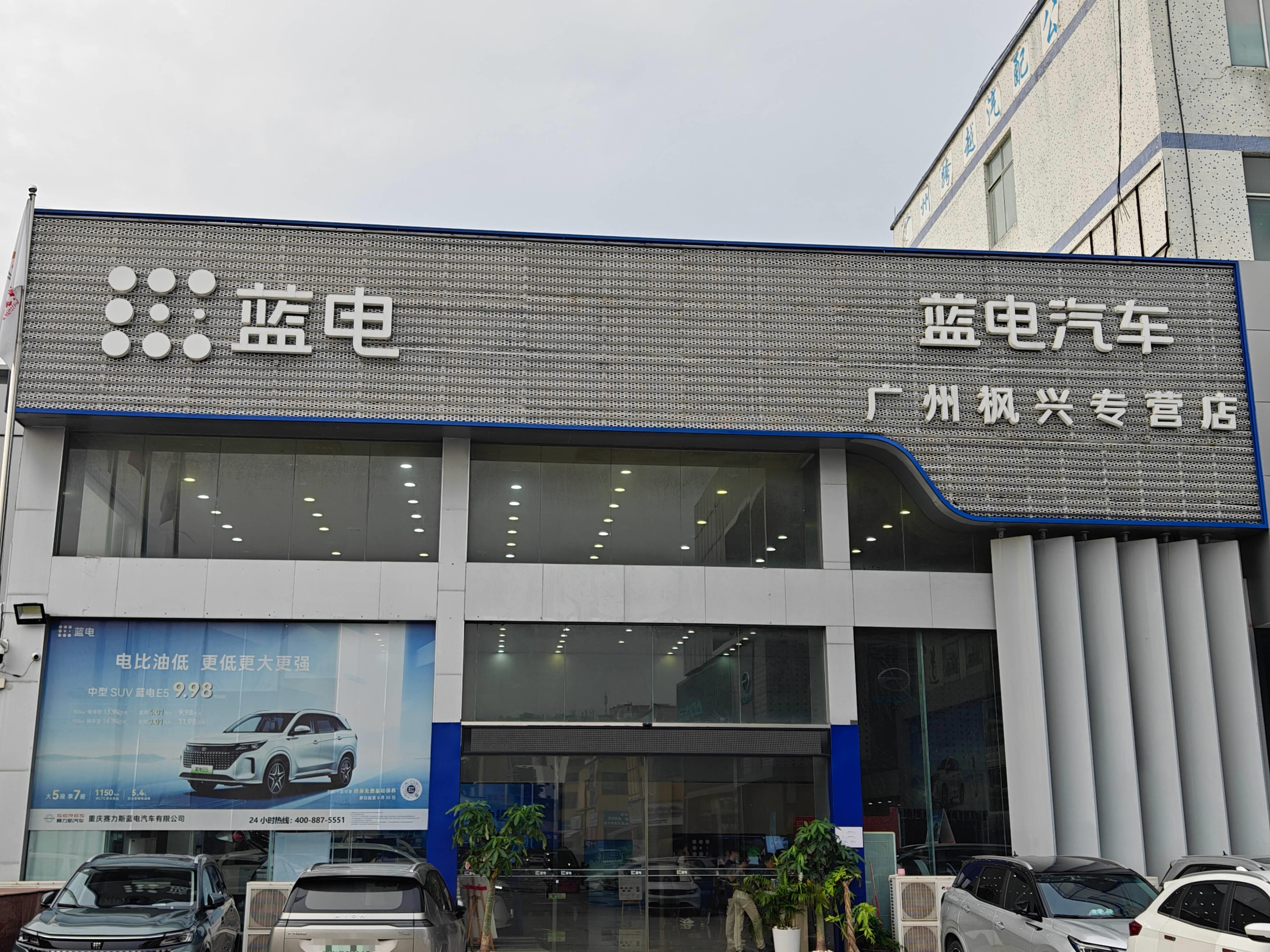
It is evident from the taxi driver's reaction that the Landian brand is not well-known, and ordinary people know little about it. Huawei and AITO's influence can help increase Landian's brand recognition. Thalys' branded flagship store can leverage the established influence of the AITO brand to attract consumers and showcase Landian models concurrently, driving traffic to the store.
Of course, whether this will help increase Landian's sales depends primarily on the quality of Landian's products. Currently, there are two models available on Landian's official website: the E3 and E5, but only the E5 is available for order. It is a mid-sized hybrid SUV with a relatively affordable price and cost-effectiveness that rivals other models in the same price range.
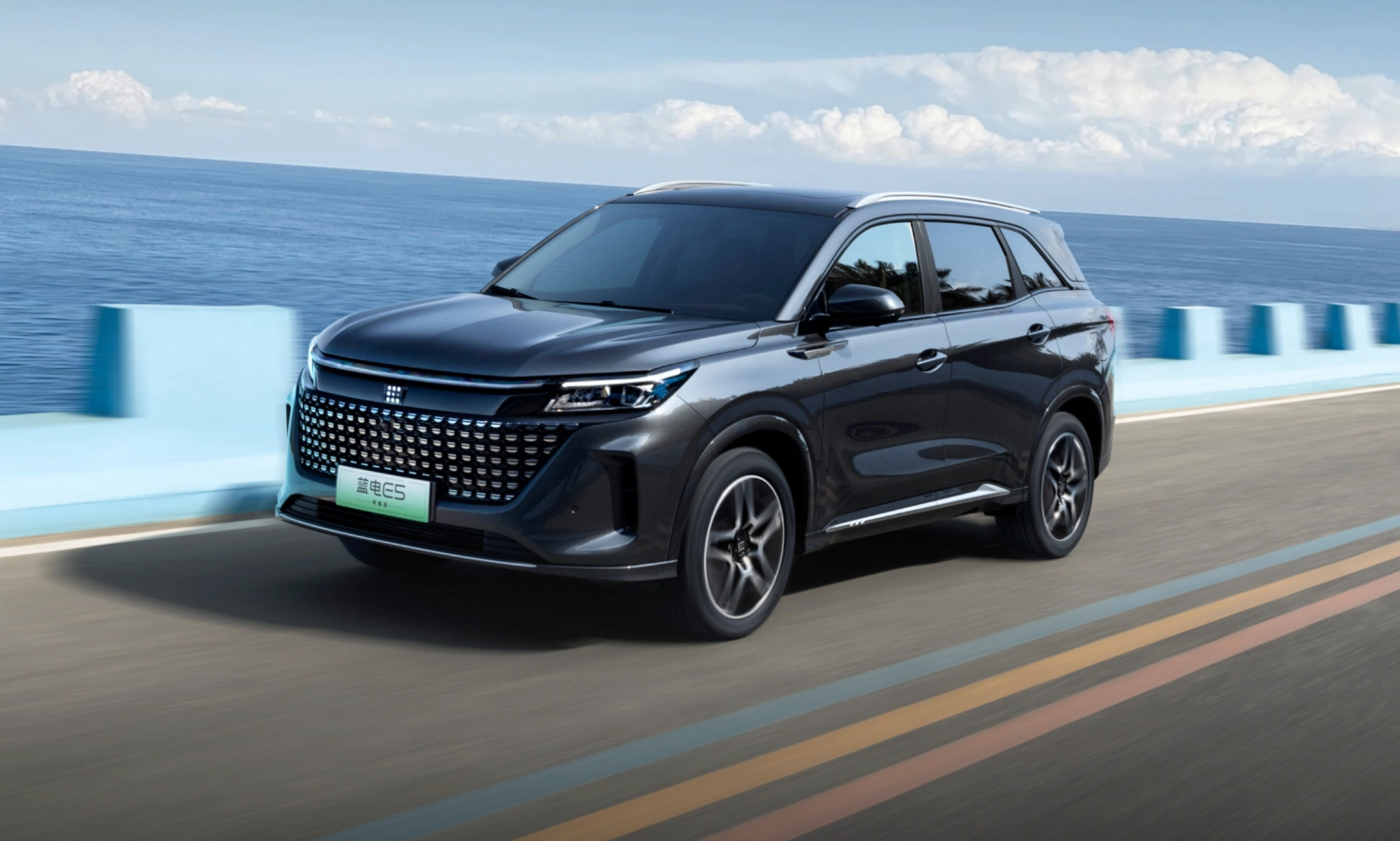
In August, Thalys applied for a new Landian E5 model with a revised front grille and a switch from a 1.5L engine sourced from BYD's Fudi Power to Thalys' own H15R engine, resulting in a power reduction from 81kW to 70kW. While jointly launching the AITO brand with Huawei, Thalys has not abandoned independent model development, with both the Landian passenger car brand and the Ruichi commercial vehicle brand in its portfolio.
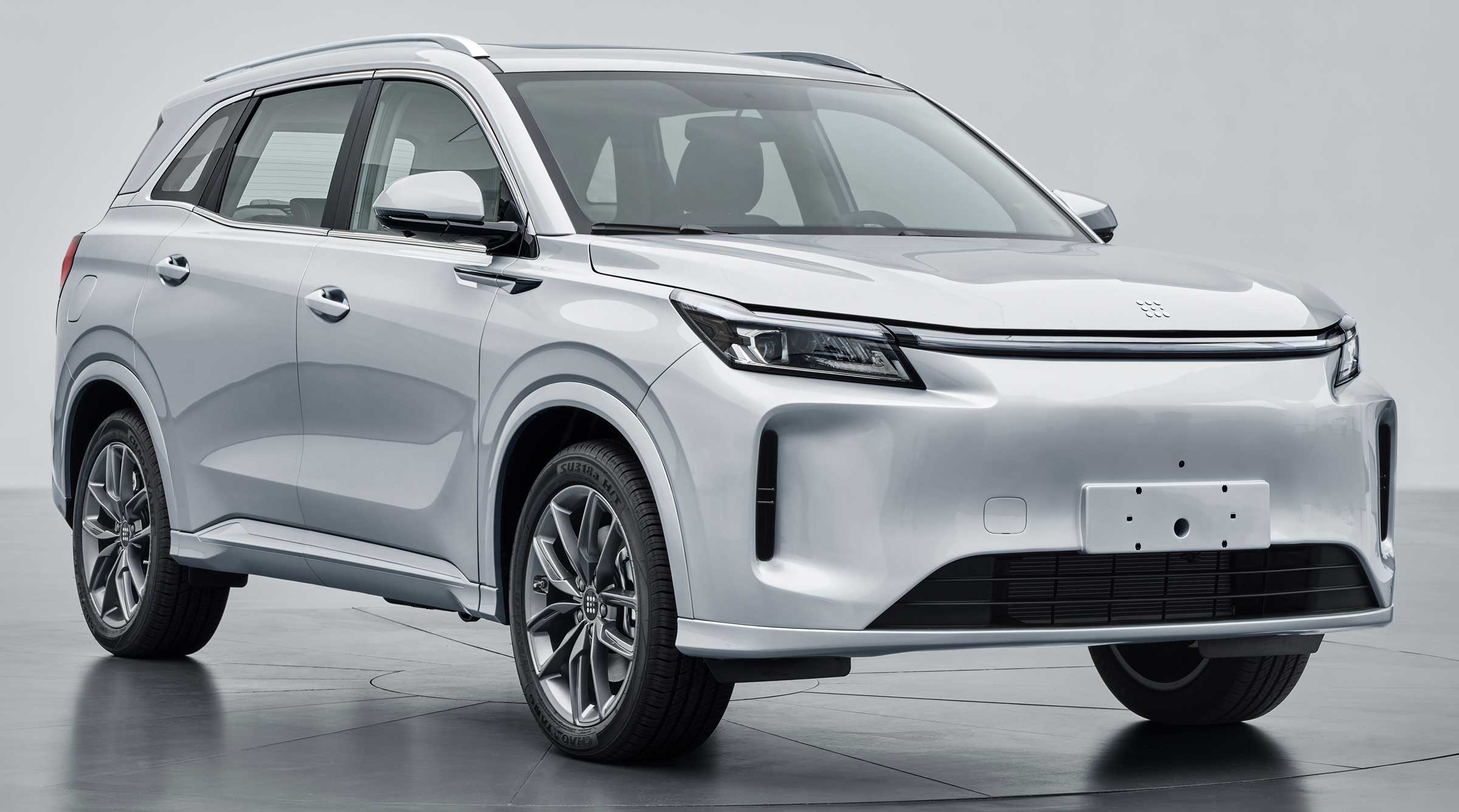
Regarding whether Huawei would allow Landian to "ride on its coattails," we need not worry. Firstly, Landian also has a partnership with Huawei, utilizing Huawei's HiCar system in its vehicles. However, under the component cooperation model, Huawei does not proactively promote Landian vehicles through its own marketing channels, which is why many people are unaware of the brand.
Secondly, at the 16th China Automotive Blue Paper Forum in June this year, Yu Chengdong, CEO of Huawei's Intelligent Automotive Solutions BU, reiterated that Huawei does not have the capability to manufacture vehicles priced below 200,000 yuan. Yu's stance is clear: the Smart Selection model will not introduce vehicles priced below 200,000 yuan for the time being, meaning that there will be no conflict between Landian and AITO or other Huawei Smart Selection models. Moreover, with Huawei and Thalys' close cooperation and AITO being the sales leader of HarmonyOS Intelligent Driving, Huawei is unlikely to mind if Landian leverages AITO's popularity.
Leveraging the AITO brand to make money and raise Thalys' profile, while empowering the Landian brand with this influence, is Thalys' strategy for navigating the new era of new energy vehicles. Among many automakers struggling with their electrification transformation, Thalys' AITO brand has been a resounding success, and Landian's average monthly sales have exceeded 2,000 vehicles this year, marking a significant increase over the same period last year. Thalys can be considered one of the most successful traditional automakers in terms of new energy transformation outside of the top five Chinese brands (Changan, Great Wall, Chery, Geely, and BYD).
From turning losses into profits to growing bigger and stronger, Thalys also harbors ambitions to become a leader
Industry leaders like He Xiaopeng, Liu Jie, and Yu Chengdong have all expressed similar views: In the era of new energy vehicles, there will not be many global leaders among automakers, perhaps only 5-10. These leaders will capture the majority of revenue and profits in the industry. This trend is like a sword of Damocles hanging over the heads of non-leading automakers, making them uneasy.
Currently, Thalys can indeed make money easily, but as the industry gradually becomes saturated and more independent brands aim for the high-end market, it remains to be seen whether the AITO brand can maintain its current sales and profits, especially as traditional luxury brands like Mercedes-Benz, BMW, and Audi complete their transformations. Only by building a strong foundation can one survive the brutal competition.
A battle for survival is gradually unfolding, but automakers have limited time left. In July this year, the domestic new energy vehicle penetration rate reached 51.1%, marking the first time the monthly penetration rate exceeded 50%, indicating that new energy vehicles can now compete on equal footing with gasoline-powered vehicles. Meanwhile, the new energy vehicle industry is gradually forming a leading group comprising automakers like HarmonyOS Intelligent Driving, Lixiang, NIO, and Leapmotor, while new entrants like Skyworth Automobile and Geely Automobile are struggling to make a splash.
Seizing the last opportunity in the blue ocean market for new energy vehicles and accelerating the development of the Landian brand is Thalys' top priority. If Thalys acts too slowly, the under-200,000-yuan new energy vehicle market will be completely dominated by the top five domestic brands and emerging forces in lower-tier markets, making it more difficult for Thalys to grow.
Despite four consecutive years of losses, relatively low product recognition, and sales figures, I believe Thalys also harbors dreams of becoming a leading automaker. However, the automotive industry is highly mature, and catching up with the leaders is extremely challenging. The arrival of the new energy vehicle era presents an opportunity for all automakers, and the popularity of AITO vehicles, which helped Thalys turn losses into profits, lays the foundation for Thalys to pursue its dreams.
I believe Thalys will seize this hard-won opportunity and leverage the influence and profits generated by the AITO brand to drive the development of sub-brands like Landian and Ruichi. The new energy vehicle market has not yet fully consolidated, and Thalys still has a chance to grow into an industry giant.
Source: Leitech

